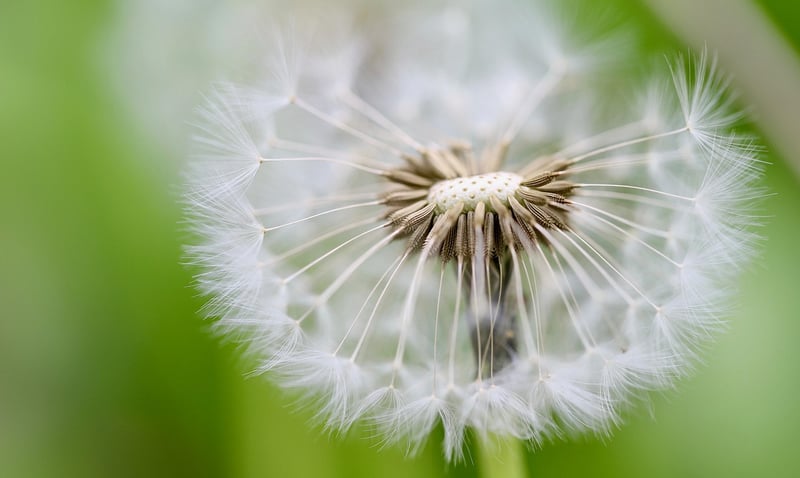Seed Saving Techniques
Maximize Your Garden's Yield + Seed Saving Techniques
Introduction
Welcome to our guide on maximizing your garden's yield and seed saving techniques. Whether you are a seasoned gardener or just starting out, these tips will help you make the most of your garden and ensure a bountiful harvest.
1. Choose the Right Plants
Start by selecting plants that are well-suited to your climate and soil conditions. Consider planting a mix of vegetables, herbs, and flowers to promote biodiversity in your garden.
2. Proper Soil Preparation
Prepare your soil by adding compost and organic matter to improve its structure and fertility. Testing your soil can also help you determine which nutrients are lacking and adjust accordingly.
3. Watering and Mulching
Water your plants deeply and consistently, especially during hot and dry periods. Mulching around your plants can help retain moisture, suppress weeds, and regulate soil temperature.
4. Pruning and Thinning
Regularly prune your plants to promote airflow and prevent diseases. Thinning overcrowded plants allows for better light penetration and nutrient absorption, leading to healthier growth.
5. Pest and Disease Management
Monitor your garden for pests and diseases regularly. Consider using natural remedies or companion planting to deter pests and reduce the need for chemical interventions.
6. Harvesting and Seed Saving
Harvest your vegetables at the peak of ripeness for the best flavor and nutritional content. When saving seeds, ensure they are fully mature, dry them thoroughly, and store them in a cool, dry place for future planting.
7. Crop Rotation
Practice crop rotation to prevent soil depletion and reduce the buildup of pests and diseases. Rotate your crops annually to maintain soil health and balance nutrient levels.
Conclusion
By following these tips on maximizing your garden's yield and seed saving techniques, you can create a thriving and sustainable garden that provides you with fresh produce year after year. Happy gardening!


